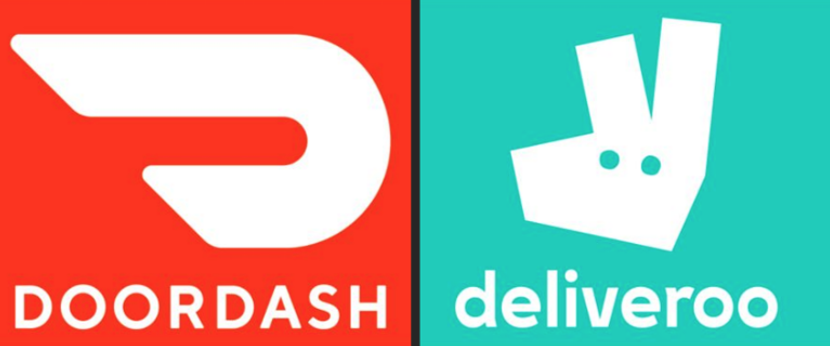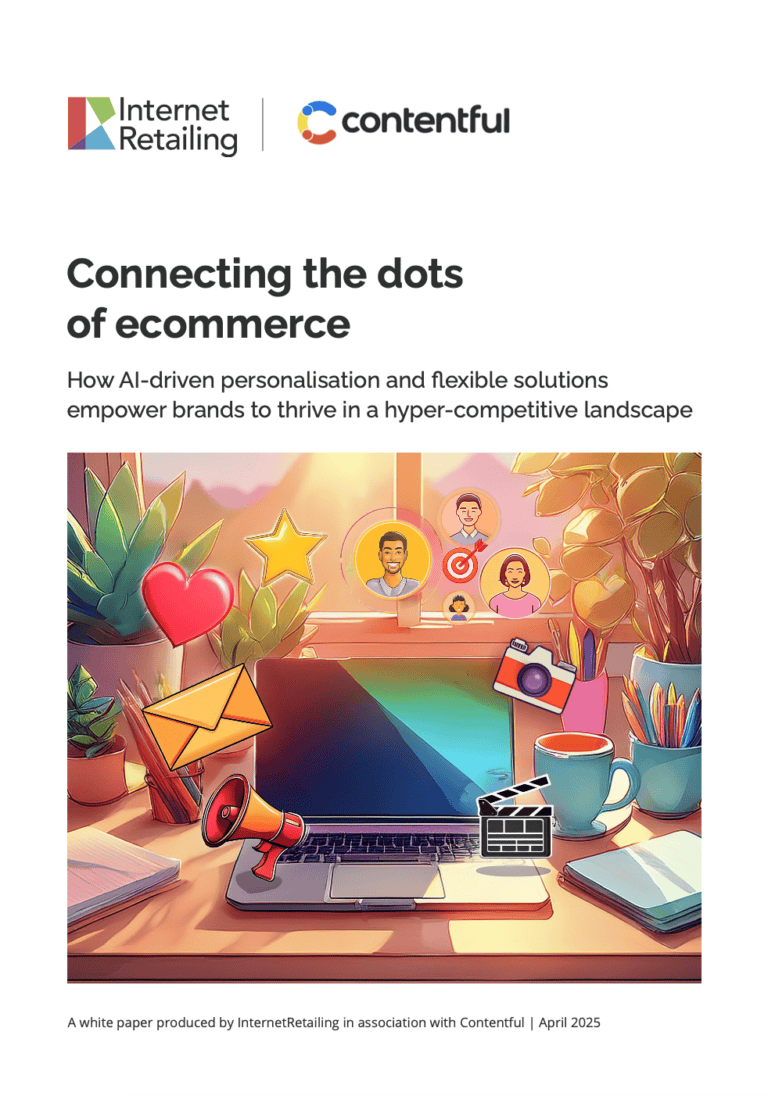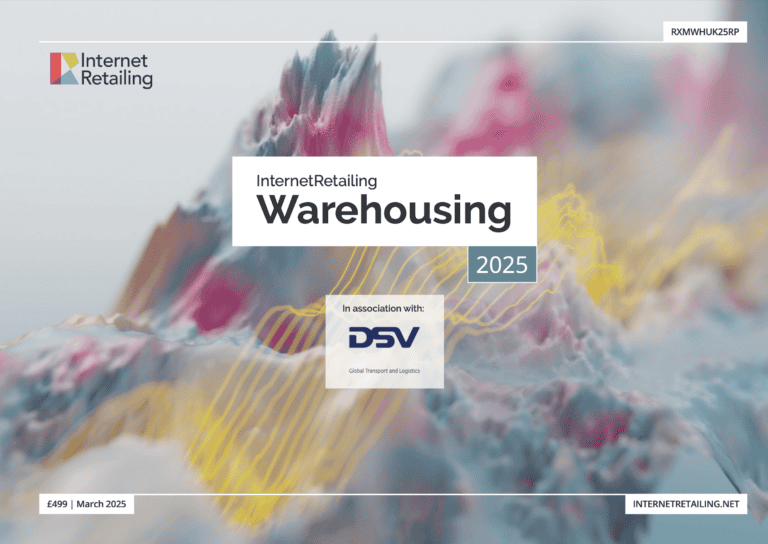We’re running a series of pieces exploring predictions for how multichannel and ecommerce retail might change over the coming year. Today we share views on how retailers might make changes to the way they sell.
The rise of contextual commerce
“Contextual commerce is the notion of retailers taking on the relevant concepts that enable consumers to purchase wherever, whenever and however they want. It essentially refers to commerce cues that appear seamlessly in everyday activities and places, whether that’s buying a product while walking by a store window or the second a friend shares it on a social channel. It also includes pop up stores, as we’ve seen through the likes of Amazon’s ‘Clicks and Mortar’ pop-ups last year.
“This includes simplifying the way in which products are found, using the likes of voice and image search, natural language processing and social selling, as well as tools to ensure the right product has been found, such as improved content options, VR contextualisation and size/fit where appropriate.
“This is all about ensuring the shopping experience remains aligned with consumer habits and keeping pace with how they use and interact with various technologies in their everyday life, whilst building loyalty over the longer term.”
Andy Burton, CEO at digital commerce consultancy Tryzens
The power of direct-to-consumer
In order to better serve customers in 2020, direct-to-consumer brands will continue to take the lead in retail. Gone are the days of easy to win customer loyalty. Consumers feel no shame in looking to a competitor if a brand cannot offer them the right experience and the right price. Social media has helped to fuel this mentality, with the likes of Instagram allowing consumers to jump from retailer to retailer, with direct-to-consumer brands able to sell directly to their customers. The brands that triumph, are those that not just offer products, but an entire culture and ethos for their audience to buy into.
In 2019 we saw household names from Debenhams to House of Fraser struggle as they failed to carve out their identity in an industry experiencing a seismic shift, whereas the likes of Joules reigned with a clear vision. It’s not about what you sell on your shelves, it’s about what you represent to your audience.
Angus Burrell, general manager UK, omnichannel payment solutions, at international payments solutions company, Valitor
Retailers will need to work with marketplaces
Over the past few years, we’ve seen consumers take a sharp turn toward a marketplace-first approach to online shopping. This shift in consumer habits coupled with the increase in online sales tax regulations will continue to make marketplaces an ideal channel for merchants to avoid the added cost of economic nexus laws. An added impact on this trend is that Very Small Businesses (VSBs) and Small and Medium Businesses (SMBs) could potentially move to marketplaces completely and abandon ecommerce to stay competitive and avoid compliance challenges. We should expect traditional ecommerce providers to start working closely with marketplaces or offering more ‘Amazon-like’ experiences to stay relevant.
Greg Chapman, SVP of business development at Avalara
Image: Adobe Stock









